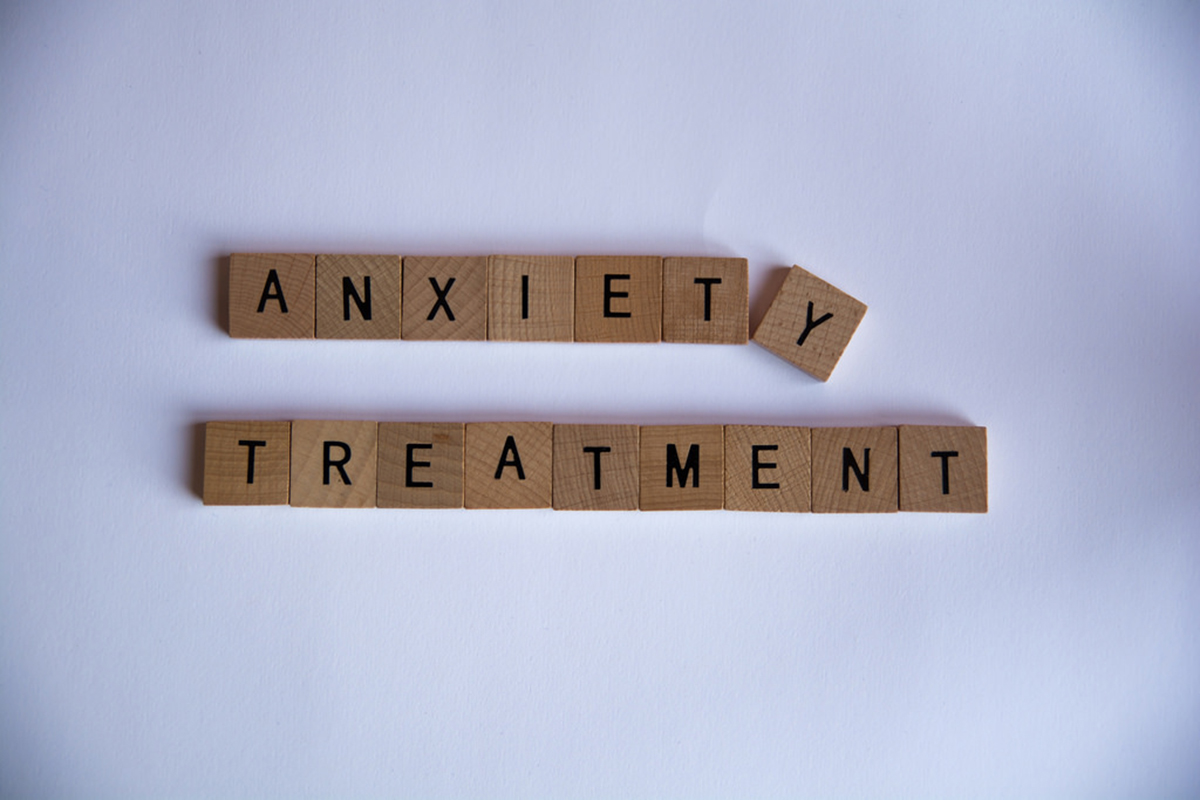Table of Contents
There are two main treatments involved in managing patients with GAD. Many studies have shown that combining pharmacotherapy and psychotherapy has yielded the best results and outcomes for patients diagnosed with this mental health condition.
Pharmacotherapy
Oral medications can be initially prescribed by the patient's primary care doctor, if they feel that they are needed by the patient. If the medication isn't successful or the patient's case is more complex, they are then referred to see a psychiatrist. They would also be able to prescribe medication to the patient and follow them up accordingly.

The following are examples of medications which can be prescribed by the patient's doctor in order to help reduce the abnormal anxious feelings which are being experienced.
- Antidepressants - the most helpful antidepressants for GAD are those that belong to the groups called the selective serotonin reuptake inhibitors (SSRIs); such as citalopram, escitalopram, fluoxetine and paroxetine and serotonin/norepinephrine reuptake inhibitors (SNRIs); such as duloxetine and venlafaxine. The way these medications work are by adjusting the mentioned hormones in the brain which then help to reduce anxiety and elevate one's mood.
- Anti-anxiety medications - buspirone is specifically used as an anti-anxiety medication as it doesn't affect the patient's mood like antidepressants do.
- Benzodiazepines - these sedatives may be prescribed to help reduce acute anxiety attacks and symptoms in patients with GAD. Examples of these drugs include diazepam, lorazepam and alprazolam, being the most commonly prescribed. These medications can be habit-forming and they can cause patients to become dependent on them, therefore caution should be exercised when prescribing them especially to patients who have problems with alcohol and/or drug abuse.
Psychotherapy
Patients diagnosed with GAD would also need to see a psychologist. This health care professional can help the patient incorporate cognitive and behaviour therapies (CBT) which can help reduce anxious feelings and promote more positive thinking.
CBT is a short-term treatment which helps a patient to incorporate coping mechanisms in order to deal with anxious feelings over the long-term. It's also used to help a patient to gradually return to activities which they regarded as gratifying before and avoided due to the increased anxiety they were experiencing.
Lifestyle changes
Changes in certain habits and lifestyle activities can also help reduce high anxiety levels. By following these steps, a patient will give themselves the biggest chance at managing GAD properly.
- Regular exercise helps to reduce stress and anxiety due to the release of certain chemicals and hormones which occurs during the process of exertion. One would start slowly and then increase the intensity of the training as the body gets used to the activity.
- Avoid substances which can depress the central nervous system such as alcohol and sedative medications. These can worsen symptoms of increased anxiety.
- Avoid stimulants such as caffeine and nicotine as well as they can also worsen anxiety symptoms.
READ Panic attacks and anxiety
- A healthy diet with all the necessary minerals, nutrients and fatty acids needed by the body by focusing on fruits, vegetables and fish should be consumed. An adequate amount of water, of around 8 glasses, should also be consumed every day.
- Adequate, quality sleep is also needed in order to be well rested for the following day. A person should get at least 6-8 hours of sleep every night.
- www.mayoclinic.org/diseases-conditions/generalized-anxiety-disorder/basics/definition/con-20024562
- Photo courtesy of maxwellgs: www.flickr.com/photos/maxwellgs/4267310664/
- Photo courtesy of practicalcures: www.flickr.com/photos/practicalcures/23362564976/
- Photo courtesy of practicalcures: www.flickr.com/photos/practicalcures/23362564976/

